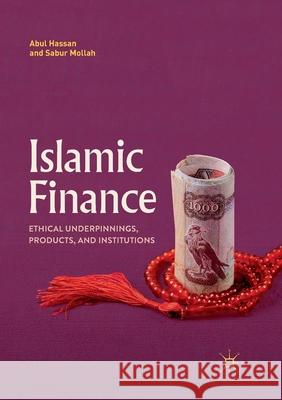Islamic Finance: Ethical Underpinnings, Products, and Institutions » książka
topmenu
Islamic Finance: Ethical Underpinnings, Products, and Institutions
ISBN-13: 9783030082154 / Angielski / Miękka / 2019 / 322 str.
Kategorie:
Kategorie BISAC:
Wydawca:
Palgrave MacMillan
Seria wydawnicza:
Język:
Angielski
ISBN-13:
9783030082154
Rok wydania:
2019
Wydanie:
Softcover Repri
Numer serii:
000844276
Ilość stron:
322
Waga:
0.41 kg
Wymiary:
21.01 x 14.81 x 1.83
Oprawa:
Miękka
Wolumenów:
01
Dodatkowe informacje:
Wydanie ilustrowane











